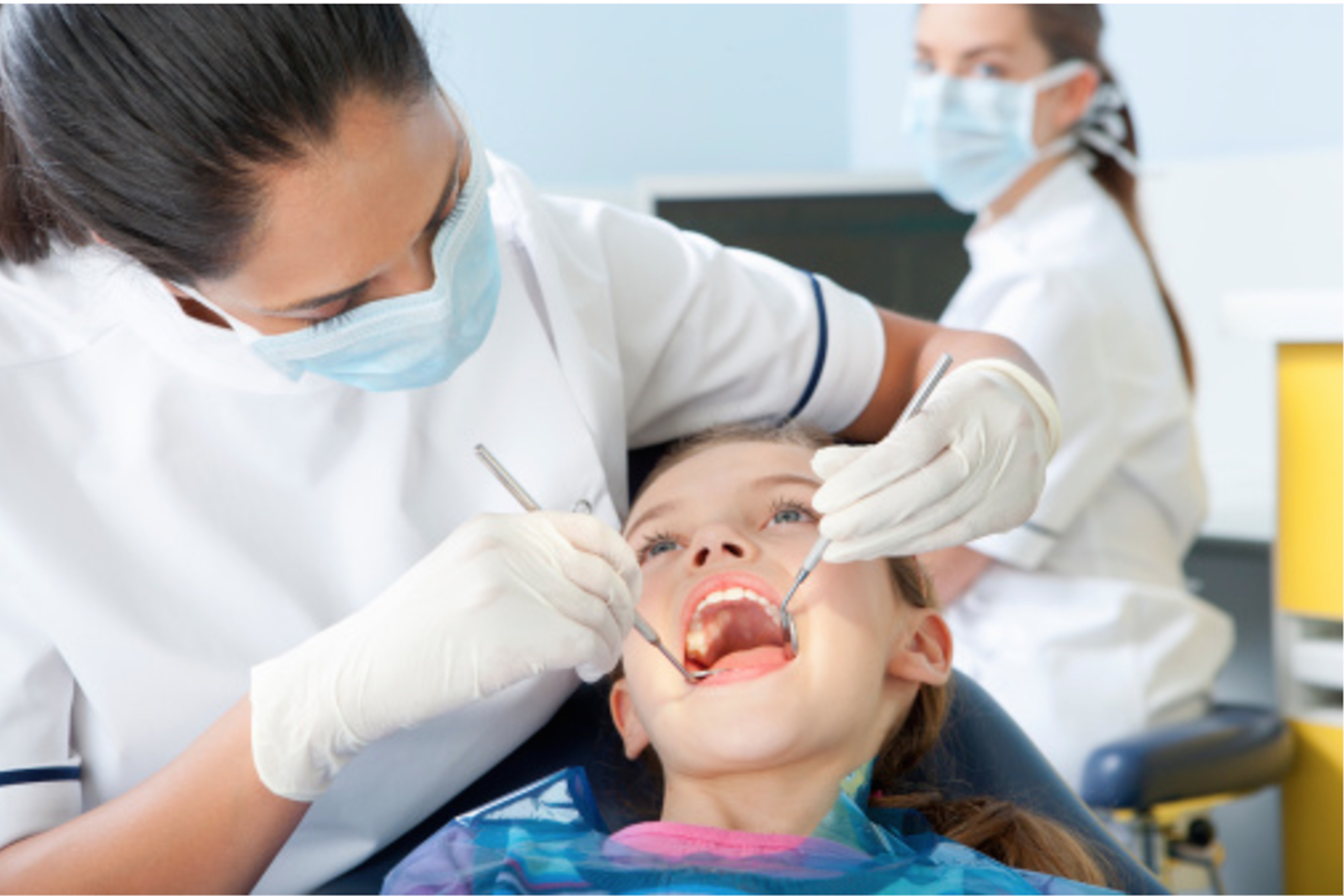Unlocking Oral Health: Professional Hygiene Principles

Maintaining oral health is a crucial component of overall well-being, yet many people overlook the importance of professional dental care. Professional oral hygiene services are not just about cleanings; they play a vital role in preventing serious dental issues and promoting a healthier lifestyle. Understanding the principles behind professional hygiene can empower individuals to take charge of their oral health and make informed decisions.
Regular visits to a dental hygienist are essential for effective oral care. These professionals are trained not only to remove plaque and tartar but also to educate patients on proper brushing techniques, dietary choices, and the importance of regular check-ups. By incorporating these practices into our daily routines, we can unlock the full potential of our oral health, ensuring that our smiles remain bright and our teeth strong. Exploring the foundational principles of professional hygiene allows us to appreciate the significant impact it has on our dental care journey.
Importance of Professional Dental Hygiene
Maintaining optimal oral health is crucial for overall well-being, and professional dental hygiene plays a vital role in this. Regular visits to a dental hygienist ensure that harmful plaque and tartar are removed effectively. These professionals have the training and tools necessary to clean teeth beyond what routine brushing and flossing can achieve. Neglecting professional hygiene can lead to serious dental issues such as cavities and gum disease, which can affect not only oral health but also general health.

Professional dental hygiene also contributes to early detection of dental problems. During routine cleanings, dental hygienists evaluate the condition of the gums, teeth, and overall oral cavity. They can identify potential issues before they escalate, such as signs of advanced periodontal disease or issues that may require more intensive treatments. This proactive approach facilitates timely interventions, which are often less invasive and more cost-effective.
Another important aspect is the education that professionals provide regarding oral care practices. Dental hygienists can offer personalized advice on proper brushing techniques, dietary choices, and home care routines to enhance oral health. Empowering patients with knowledge leads to better hygiene habits, which are essential for maintaining a healthy smile long-term. Investing in professional dental hygiene is not only an investment in oral health but also in the confidence that comes from a beautiful, healthy smile.
Essential Hygiene Practices
Maintaining professional oral hygiene begins with regular dental check-ups. Visiting your dentist every six months allows for early detection of potential issues such as cavities, gum disease, and other oral health concerns. During these appointments, dental professionals perform thorough cleanings and provide personalized advice tailored to your individual dental care needs. These regular visits not only help in preventing dental problems but also reinforce the importance of maintaining good oral hygiene at home.
Brushing and flossing are fundamental components of daily oral hygiene. Dentists recommend brushing at least twice a day with fluoride toothpaste, making sure to cover all surfaces of the teeth. Flossing daily is equally crucial as it removes food particles and plaque from between the teeth where a toothbrush may not reach. Incorporating these practices into your routine aids in minimizing plaque buildup and reduces the risk of cavities and gum disease, ultimately forging a path to a healthier mouth.
In addition to brushing and flossing, the use of mouthwash can significantly enhance oral hygiene. Antimicrobial mouthwashes help reduce bacteria in the mouth, further preventing plaque formation and bad breath. When combined with brushing and flossing, mouthwash can elevate your oral hygiene regimen to a professional level. By adopting these essential practices, individuals can achieve optimal oral health and extend the life of their teeth.
Overcoming Common Dental Care Challenges
Maintaining oral hygiene can often be a struggle due to various challenges that individuals face. One common issue is the fear or anxiety associated with dental visits. Many people have had negative experiences in the past, leading to avoidance of routine check-ups and cleanings. To combat this, dental practices can adopt a more patient-centered approach, focusing on creating a comfortable environment and fostering open communication. Providing sedation options and reassurance can also help alleviate fears, encouraging patients to seek the care they need.
Another significant challenge is the lack of education regarding proper dental care practices. Many individuals are unaware of the importance of regular brushing and flossing, as well as the role of nutrition in oral health. Dental professionals can play a pivotal role in this area by offering personalized education during visits. Workshops and community outreach programs can also be effective in spreading awareness about effective oral hygiene practices and the consequences of neglecting dental care , ultimately leading to better health outcomes.
Lastly, access to dental care remains a hurdle for many people due to factors such as cost, lack of insurance, or living in underserved areas. Solutions can include expanding community health programs that provide affordable dental services and preventative care. Additionally, advocating for policies that increase coverage for dental care in insurance plans can make a significant difference. By addressing these barriers, we can work towards a future where professional dental hygiene is accessible to everyone, ensuring better oral health for all.
